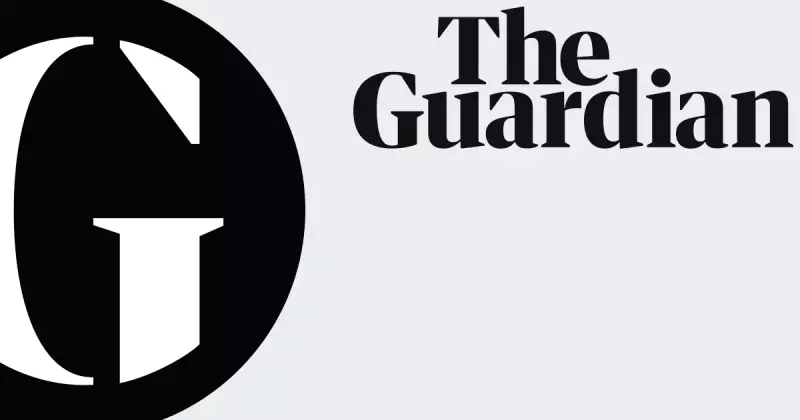
A fascinating paradox has emerged in Australian political sentiment, according to the latest Guardian Essential Report. While a clear majority of Australians support official recognition of Palestinian statehood, there remains profound scepticism about whether such a move would actually achieve meaningful political change.
The Recognition Divide
The comprehensive polling data reveals that approximately 60% of Australians back formal recognition of Palestine as a sovereign state. This support cuts across traditional political divides, suggesting a significant shift in public attitude toward the long-standing conflict.
However, the research uncovers a deeper complexity: fewer than 30% of respondents believe that recognition would materially improve the situation on the ground or contribute to lasting peace negotiations. This disparity between symbolic support and practical expectation presents a challenging landscape for policymakers.
Political Implications
The findings highlight a crucial tension in Australian foreign policy discourse. The Albanese government faces increasing pressure to align its Middle East policy with shifting public sentiment, particularly within segments of its own political base.
Yet the data suggests that even if the government were to move toward recognition, it would likely face criticism from both sides—from those who view the action as insufficient without concrete outcomes, and from traditional allies who might perceive it as undermining established diplomatic relationships.
Expert Analysis
Political analysts note that this paradox reflects a broader global trend where symbolic political gestures are increasingly valued, even as faith in their practical efficacy declines. The Australian public appears to view recognition as a moral imperative rather than a strategic calculation.
This creates a unique challenge for political leaders who must balance principle with pragmatism in one of the world's most intractable conflicts. The data suggests that while Australians want their government to take a stand, they remain realistic about the limitations of such actions.
Looking Forward
The Essential Report indicates that this issue may become increasingly significant in Australian political discourse, particularly as the conflict continues to generate international attention. How the government navigates this complex landscape of public opinion could have lasting implications for Australia's role in international diplomacy and its relationships with key allies.
What remains clear is that the Australian public has developed a nuanced position—one that supports Palestinian self-determination while maintaining realistic expectations about the practical outcomes of such support.





